Most tech entrepreneurs chase money first and principles second. Pavel Durov flipped that script entirely. The man behind Telegram walked away from his first billion-dollar company rather than hand over user data to the Russian government. Today, at 40 years old, he's worth $17 billion and runs a messaging platform with over 1 billion users. His story isn't just about getting rich. It's about a guy who chose freedom over everything else and somehow ended up building one of the most valuable tech companies on the planet.
Early Days and First Tech Success
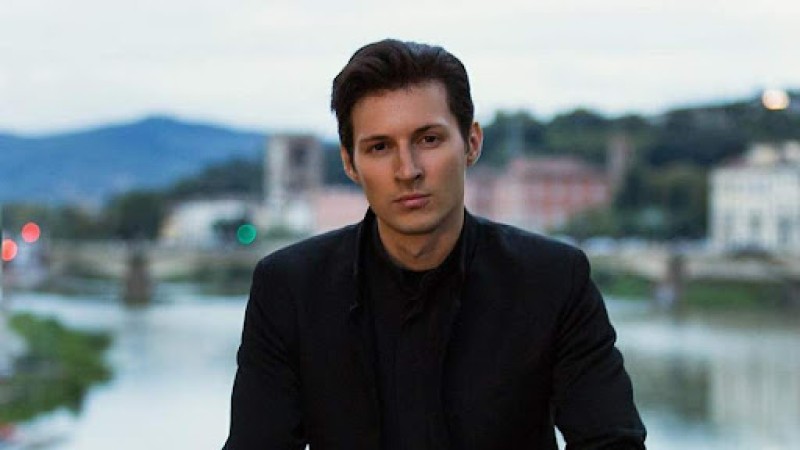
Born in 1984 in Leningrad, Pavel grew up in a family that valued education above all else. His dad was a philology professor, which meant books and ideas were everywhere in their home. Young Pavel spent part of his childhood in Turin, Italy, before returning to Russia for university.
While studying English and Translation at Saint Petersburg State University, Durov started messing around with programming. He wasn't planning to become a tech billionaire. He just wanted to build something cool. His first project was a simple forum for university students called spbgu.ru. It caught on faster than he expected.
That early taste of success got him thinking bigger. In September 2006, right as he was finishing university, Durov and his math-genius brother Nikolai launched VKontakte. Russians needed their own social network, and the Durov brothers gave them exactly that.
VKontakte Blows Up
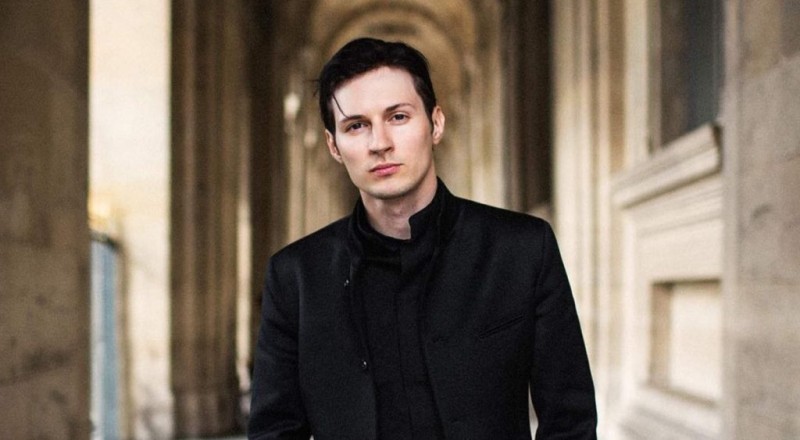
VKontakte wasn't some slow-growth startup story. The platform absolutely exploded. Within a year of launching, they hit 1 million users. By April 2008, that number jumped to 10 million. The site quickly crushed its main competitor and became Russia's number one social network.
The company's value skyrocketed to $3 billion. Durov was in his mid-twenties and already running one of the most valuable tech companies in Russia. Money started flowing in, though he's never been the type to brag about exact figures from those early days.
But here's where things got messy. The Russian government started putting pressure on Durov to censor content and hand over user data. After the 2011 elections, they wanted him to shut down opposition groups on VK. Durov's response? He posted a photo of himself flipping them off and didn't answer the door when police showed up.
By 2014, the pressure became unbearable. Russian authorities demanded personal information about Ukrainian protesters. Durov faced a brutal choice: give up his principles or give up his company. He chose his principles. He sold his remaining shares in VKontakte and left Russia for good. When he walked away, his stake was worth around $300 million.
Starting Over with Telegram
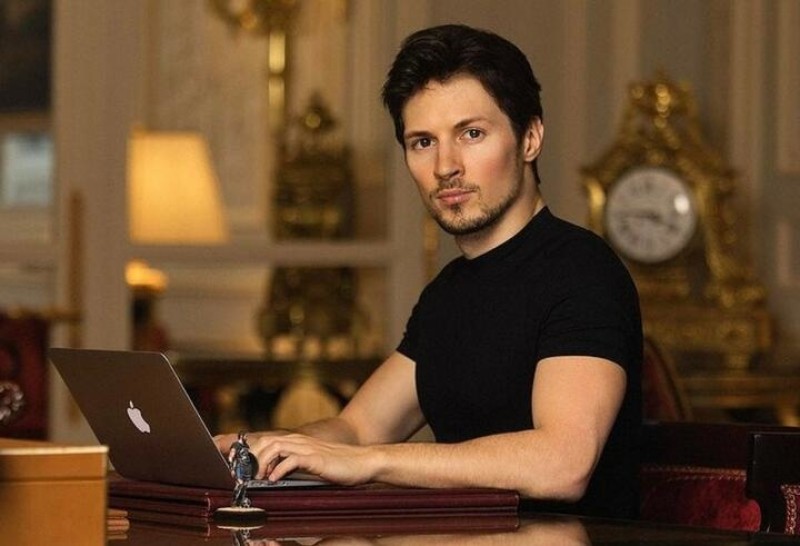
Most people would've taken that $300 million and retired to a beach somewhere. Not Durov. He stashed the money in Swiss banks, picked up citizenship from Saint Kitts and Nevis, and started building his next project.
Telegram launched in 2013, right in the middle of his battle with Russian authorities. The timing wasn't accidental. Durov wanted to create a messaging platform that no government could control or censor. His brother Nikolai, who had multiple PhDs in mathematics, designed the encryption. Pavel focused on making the app actually work well for regular people.
The CEO of Telegram tried setting up shop in different cities. They attempted Berlin first, then London, Singapore, and San Francisco. Every place had problems. Germany wouldn't let him hire the programmers he wanted without jumping through bureaucratic hoops. In San Francisco, U.S. intelligence agencies got way too interested in his Russian background. One time, they even tried recruiting one of his engineers to plant surveillance tools in the code.
Durov eventually settled on Dubai. The UAE gave him citizenship in 2021, and the city became Telegram's permanent home base.
Building a $17 Billion Empire

Durov's wealth grew at an insane pace once Telegram took off. He became a billionaire on paper for the first time in 2017. By March 2019, his net worth hit $2.7 billion. Two years later, in August 2021, it reached $17 billion.
What's wild about Telegram's growth is how it happened. The company spent exactly zero dollars on marketing. Not one cent. Meanwhile, competitors like WhatsApp and Facebook Messenger were dumping tens of billions into advertising. Telegram just kept getting better, and people told their friends about it. The platform added 2.5 million new users every single day through pure word of mouth.
The CEO of Telegram took a completely different approach to making money too. Most social media companies make their billions by harvesting user data and selling targeted ads. Durov refused to play that game. Instead, Telegram offered premium subscriptions and extra features that people could buy if they wanted. Nobody was forced into anything.
In 2024, Telegram finally turned a profit for the first time, bringing in over $1 billion in revenue. The company had $500 million sitting in the bank as pure profit. Durov had proven you could build a massively successful tech company without selling out your users.
Life as a Billionaire CEO of Telegram
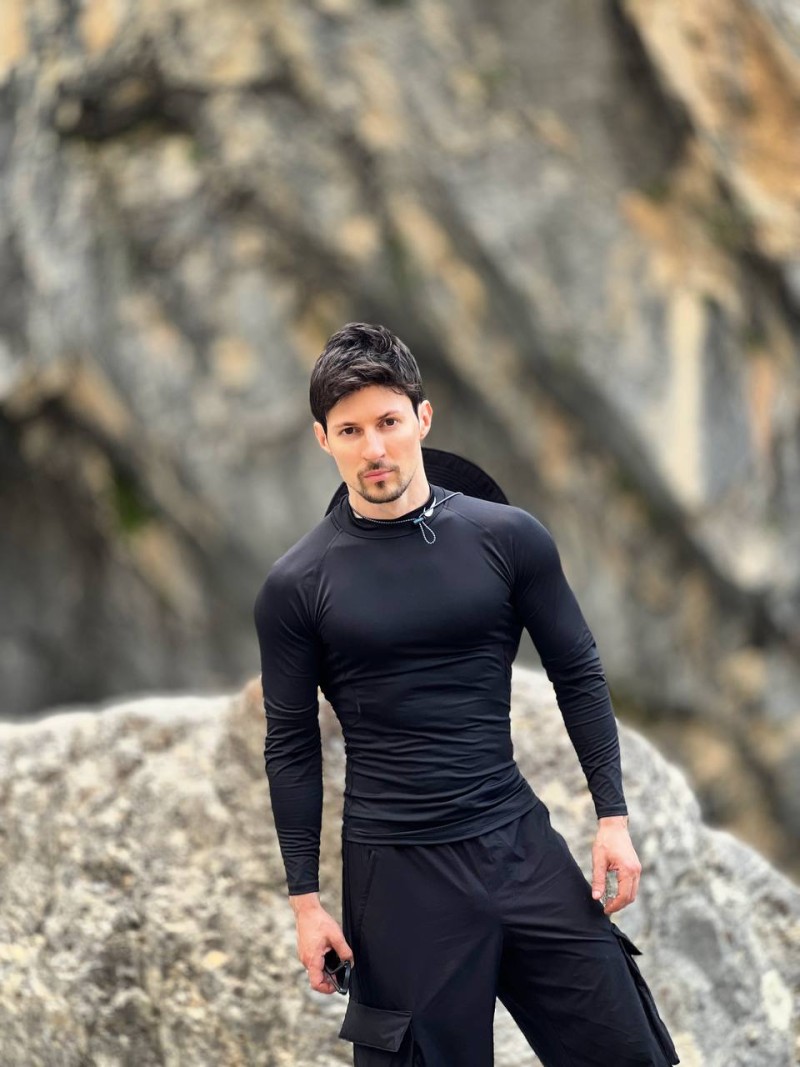
As of 2025, Pavel Durov's net worth sits at roughly $17.1 billion. That makes him the 118th richest person on Earth. His entire fortune comes from owning 100% of Telegram. He's never sold shares to outside investors, which means nobody can tell him what to do with his company.
But here's the weird part about Durov and his billions. The guy lives like he's broke. He owns no houses, no boats, no fancy cars. He bounces around the world staying in hotels and rented apartments. In his interview with Tucker Carlson, Durov said he doesn't even want property. He considers himself a citizen of the world rather than being tied down to any physical stuff.
The CEO of Telegram has also made some unusual decisions about what happens to his fortune after he dies. Durov revealed he's fathered 106 children through sperm donations he started making 15 years ago. He also has six kids from actual relationships. His will splits everything equally among all 106 of them. The catch? Nobody gets a penny until 2055. He wants to make sure his heirs are old enough to handle that kind of wealth responsibly.
How the CEO of Telegram Thinks About Success
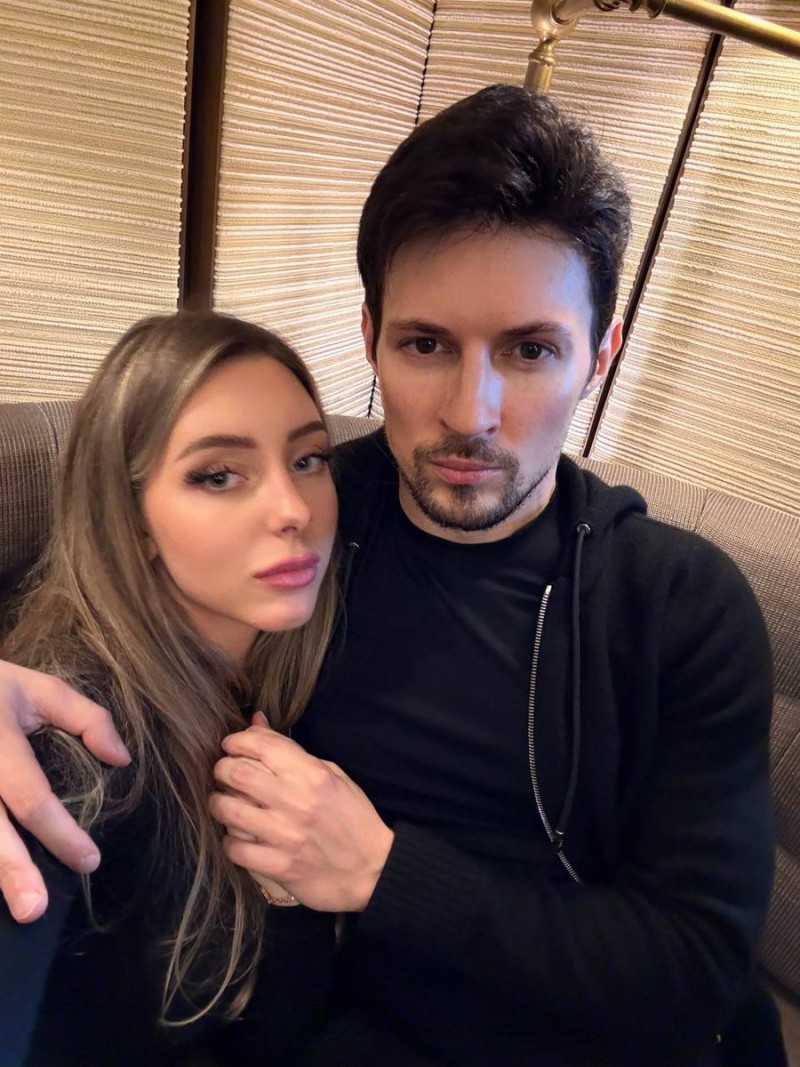
Durov doesn't give many interviews. He basically disappeared from public view for almost a decade. But when he finally sat down with Tucker Carlson in 2024, he shared some fascinating insights about how he thinks.
- Freedom Beats Money Every Time — When Russian authorities tried to force him to compromise VKontakte, Durov walked away from his first billion-dollar company. He told Carlson it hurt like losing a baby, but staying free mattered more. He'd rather be broke and independent than rich and controlled.
- Never Compromise on Core Values — Throughout his career, Durov consistently refused government demands for user data. Russia banned Telegram from 2018 to 2020. France arrested him in 2024 and threw him in jail. He could've avoided all that trouble by just cooperating. Instead, he stuck to his guns on privacy, even when it cost him personally.
- Material Stuff Doesn't Matter — Despite having $17 billion, Durov intentionally lives like a minimalist nomad. He thinks owning property and luxury items just weighs you down. His definition of wealth is freedom to go anywhere and do anything, not accumulating possessions.
- Make Money Without Exploitation — The CEO of Telegram watched other social media companies build empires by harvesting user data and selling it to advertisers. He decided that was wrong and built a different business model. Telegram makes money through voluntary premium subscriptions instead of invasive ads. Turns out you can get rich without betraying your users.
- Stay Independent at All Costs — Durov owns 100% of Telegram and refuses to take outside investment. That means no board of directors pressuring him to maximize quarterly profits. No shareholders demanding he change policies they don't like. He controls everything, which lets him run the company according to his values instead of someone else's agenda.
- Think Decades Ahead — From planning his inheritance for 2055 to building a company based on long-term principles instead of short-term profits, Durov operates on a completely different timeline than most CEOs. He's playing a 30-year game while everyone else focuses on the next quarter.
- Stand Up to Power — When governments demand data, most tech CEOs quietly comply. Durov publicly fights back, even posting the actual government requests online to embarrass authorities. His defiance has made him a target, but it's also made Telegram the go-to platform for people who value privacy.
Pavel Durov's journey proves something important about success. You don't have to compromise your values to build massive wealth. The CEO of Telegram chose freedom and privacy over easy money at every turn. He got exiled from his home country, banned in multiple nations, and eventually arrested in France. But he never backed down.
Today, his $17 billion fortune and billion-user platform stand as proof that principles and profits can work together. While other tech billionaires sell their users' data and answer to government pressure, Durov built something different. He created a company that actually respects the people who use it. And somehow, that rebellious approach to business made him one of the richest people on the planet.
 Sergey Diakov
Sergey Diakov
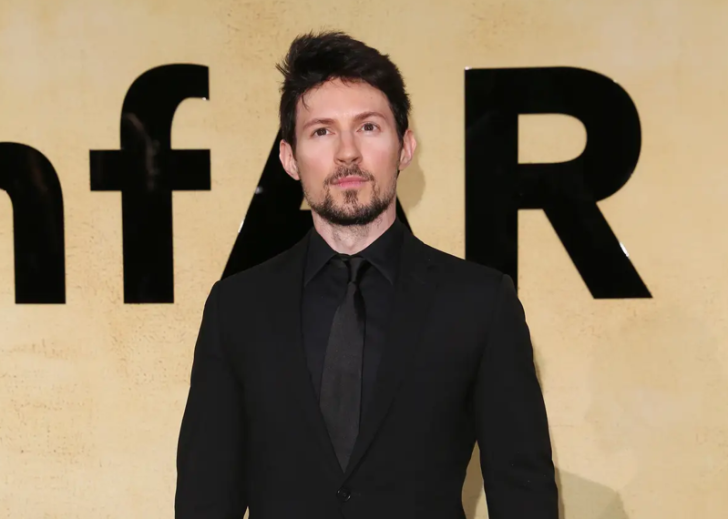
 Sergey Diakov
Sergey Diakov


